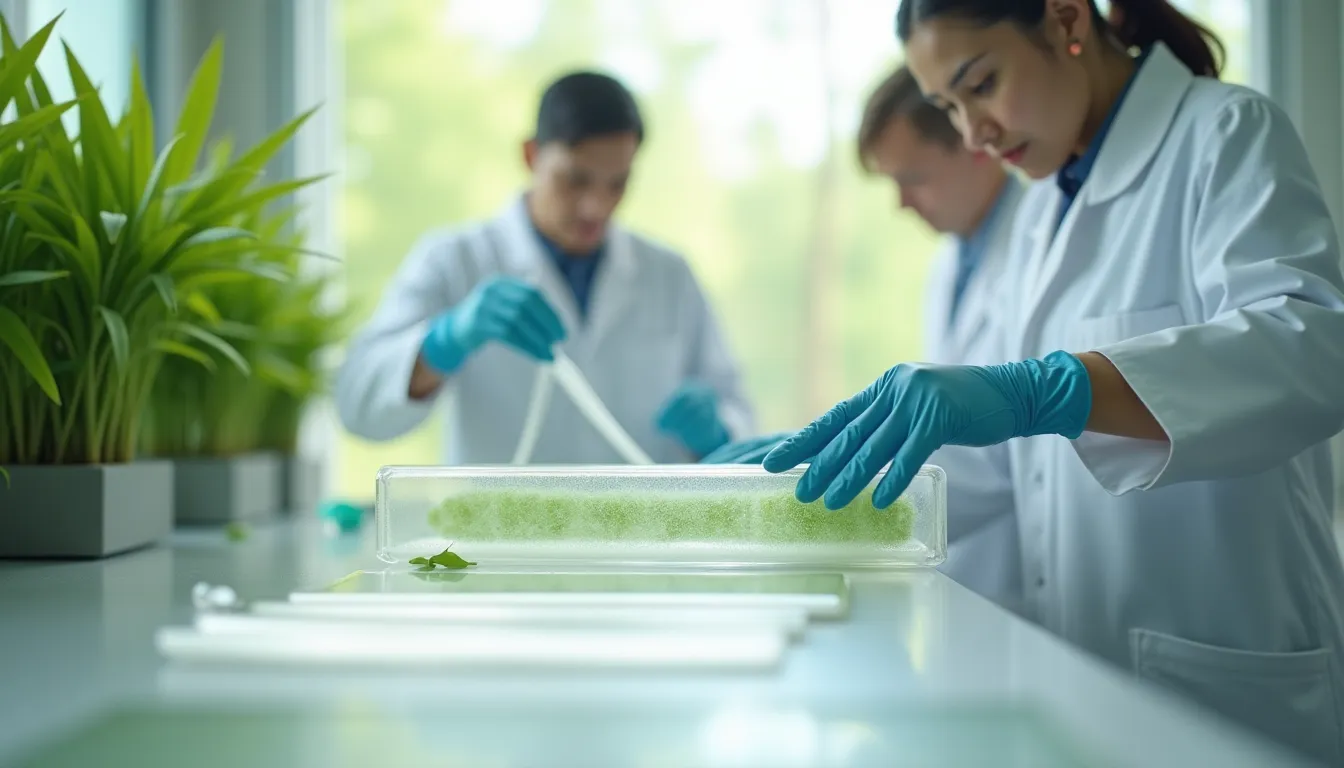The world is on the brink of a plastic pollution crisis, with millions of tons of plastic waste accumulating in landfills and oceans every year. To combat this issue, scientists have been working tirelessly to develop sustainable alternatives to traditional plastics. One such breakthrough comes in the form of bamboo molecular bioplastic, a high-strength, eco-friendly material that could revolutionize the way we think about plastics.
Developed through a molecular engineering strategy, bamboo molecular bioplastic boasts impressive mechanical properties, including a tensile strength of 110 MPa and a flexural modulus of 6.41 GPa. These properties make it an ideal candidate for a wide range of applications, from automotive components to construction materials. But what really sets this bioplastic apart is its ability to be processed using conventional techniques like injection molding and machining, making it a scalable and cost-effective solution.
The production process involves dissolving bamboo cellulose in a deep eutectic solvent, followed by ethanol stimulation to create a densely packed, structurally enhanced bioplastic. This approach not only overcomes the limitations of traditional bioplastics but also enables the creation of complex 3D geometries under ambient conditions. The resulting bioplastic is fully biodegradable in soil within 50 days and retains 90% of its mechanical properties after recycling, making it a game-changer for industries looking to reduce their environmental footprint.
This innovation reflects broader industry trends towards sustainable materials and circular economy practices. As governments and consumers increasingly demand eco-friendly products, companies are under pressure to develop materials that not only perform well but also minimize waste and pollution. Bamboo molecular bioplastic is a prime example of how scientific research can drive sustainable solutions, and its potential impact on the plastics industry cannot be overstated.
With its unique combination of strength, sustainability, and processability, bamboo molecular bioplastic is poised to disrupt the status quo in the plastics industry. As researchers continue to refine this technology, we can expect to see widespread adoption across various sectors, from packaging to construction. The future of plastics has never looked brighter, and it’s thanks to innovations like bamboo molecular bioplastic that we’re one step closer to a more sustainable tomorrow.
Source: Official Link
